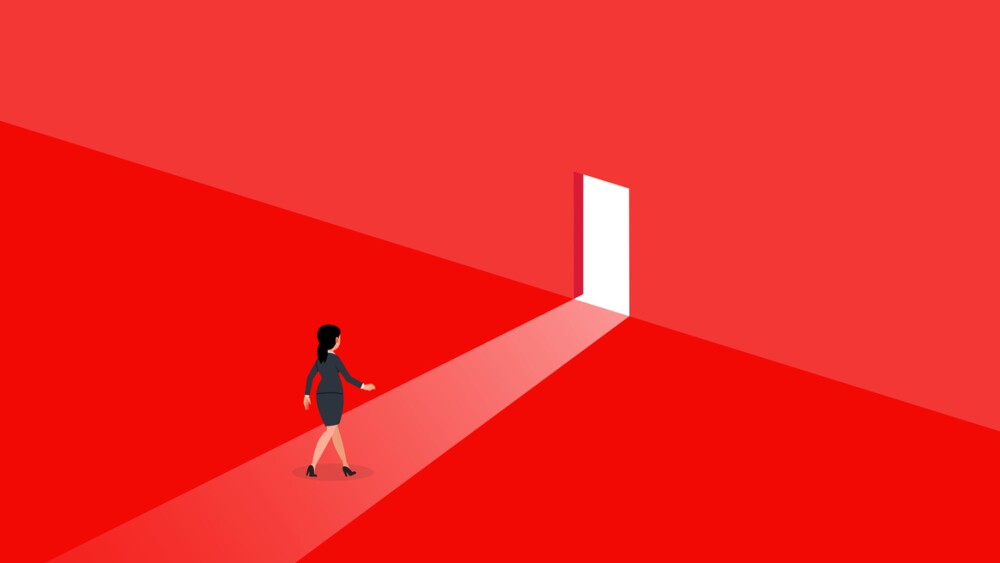"The signing of the agreement is a great success in our collaboration with Ascenion", says Prof. Dr Dieter Bitter-Suermann, President of the MHH. "It highlights how rapidly our excellent research can be translated into novel products, procedures or services that significantly improve the diagnosis or treatment of severe diseases. Patients will benefit from our translational research."
Researchers at the MHH Hospital for Cardiology and Angiology around Prof. Dr Kai C. Wollert have identified GDF-15 as a marker in the blood of patients with acute coronary syndromes that indicates whether a cardiac catheter examination is required. The risk of severe complications following acute coronary syndromes varies from one patient to another. At present, only ECG findings and results from laboratory analyses can indicate whether a patient is "just" suffering from an instable angina pectoris or has experienced a heart attack. It may take up to 12 hours to make a precise diagnosis which then determines the therapeutic strategy. While a cardiac catheter examination is most appropriate for some patients, pharmaceutical treatment is most suitable for others. Using the new marker, growth-differentiation factor GDF-15, the severity of the acute coronary syndrome can be ascertained by a simple blood examination right at the time of hospitalization. "As soon as the GDF-15 level in a patient's blood has been determined, physicians can reasonably define the most appropriate treatment scheme for the individual patient", Prof. Wollert emphasises. This is a significant improvement in the treatment of patients with acute cardiovascular symptoms. GDF-15 is also relevant in other cardiovascular conditions, e.g. in patients with atrial fibrillation. Independent of functional changes, GDF-15 can provide valuable information to guide therapeutic treatment.
MHH cardiologists, together with Roche Diagnostics, have already developed a prototype assay for the rapid determination of GDF-15 in blood. "A year ago, the analysis still took about two days. But today, thanks to our automated diagnostic kit, we can determine the GDF-15 level in blood in just 10 minutes", Prof. Wollert points out.
For Roche Diagnostics, the addition of GDF-15 to their cardiac marker portfolio is an important step to a multimarker approach in cardiovascular diseases which will lead to a better understanding of these diseases, improved treatment and survival.
"The collaboration between MHH and Roche to date and the conclusion of the license agreement provide excellent examples of how medical research and industry can efficiently work hand in hand", comments Dr Ralf Cordes, Ascenion's Technology Manager for the MHH. "It also demonstrates that MHH research can be of immediate, practical value for patients."
About Ascenion
Ascenion GmbH is an IP asset management company focused on the life sciences. Ascenion advises and supports public research institutions with regard to the protection and exploitation of their intellectual property (patents, know-how, materials), and initiates and mediates license agreements between research institutions and industry. The company places particular emphasis on coaching company founders and on active equity management. Ascenion was founded in 2001 as a 100% subsidiary of the Life-Science Foundation for the Promotion of Science and Research and has since acquired 13 research institutes in the Helmholtz and Leibniz Associations and also the Hanover Medical School as exclusive partners. Ascenion currently markets around 600 technologies on behalf of these institutes, and closes an average of about 60 agreements between research and industry per year. The team has also coached numerous spin-offs through their foundation and early growth and Ascenion holds equity in 17 of these companies. Ascenion's headquarters are in Munich, with further offices in Berlin, Braunschweig, Hamburg, Hanover and Neuherberg. Further information at www.ascenion.de
About Hanover Medical School (MHH)
Hanover Medical School (MHH), founded in 1965, is one of Germany's leading universities in research, patient care and teaching. With its concentrated support of specialised research areas, it has become one of the best university clinics in the country. The outstanding research conducted at Germany's only institution of higher education exclusively devoted to medicine has been clearly recognised within the framework of the Excellence Initiative supported by the federal and state governments. As the best university clinic in the country, MHH will receive more than 40 million euros funding by 2011. Further information at www.mh-hannover.de
About Roche
Headquartered in Basel, Switzerland, Roche is one of the world's leading research-focused healthcare groups in the fields of pharmaceuticals and diagnostics. As the world's biggest biotech company and an innovator of products and services for the early detection, prevention, diagnosis and treatment of diseases, the Group contributes on a broad range of fronts to improving people's health and quality of life. Roche is the world leader in in-vitro diagnostics and drugs for cancer and transplantation, and is a market leader in virology. It is also active in other major therapeutic areas such as autoimmune diseases, inflammatory and metabolic disorders and diseases of the central nervous system. In 2007 sales by the Pharmaceuticals Division totalled 36.8 billion Swiss francs, and the Diagnostics Division posted sales of 9.3 billion francs. Roche has R&D agreements and strategic alliances with numerous partners, including majority ownership interests in Genentech and Chugai, and invested over 8 billion Swiss francs in R&D in 2007. Worldwide, the Group employs about 80,000 people. Additional information is available on the Internet at www.roche.com




